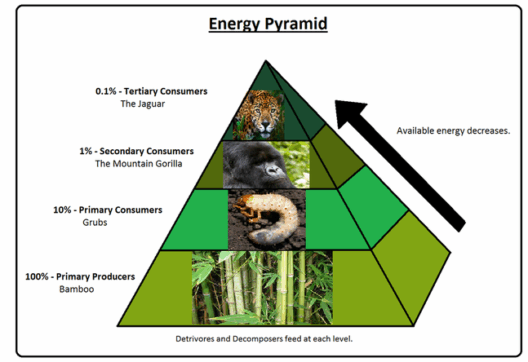The looming specter of global warming necessitates immediate and innovative solutions. The interplay of data science with environmental issues opens new avenues for mitigating climate change, offering transformative tools for research, policy-making, and real-world applications. In this discourse, we will explore how various methodologies within data science are driving forward-thinking innovations to combat global warming, illuminating the multifaceted nature of this relentless crisis.
Data science encompasses a spectrum of techniques, including machine learning, statistical analysis, and modeling algorithms. These elements converge to create robust frameworks for understanding and responding to climate dynamics. One key aspect involves the synthesis of disparate data sets—spanning meteorological records, ecological studies, and urban infrastructure analyses—enabling investigators to derive actionable insights and predictive models that are essential in safeguarding our planet.
One of the most significant contributions of data science is the use of predictive analytics to forecast climate patterns. By applying algorithms to vast quantities of historical climate data, scientists can identify trends and anomalies that might otherwise go unnoticed. This capability allows for early warning systems to be established, alerting communities to impending weather extremes, such as hurricanes or droughts. These predictive tools transform raw data into strategic knowledge, equipping stakeholders with the awareness necessary to implement preventative measures.
In addition to improving disaster preparedness, data science is revolutionizing energy management. The optimization of energy consumption through smart grid technologies exemplifies how data science can yield environmental benefits. By leveraging Internet of Things (IoT) devices, utility companies can gather real-time data on energy usage patterns. Machine learning algorithms analyze this data to predict peak usage times and recommend energy-saving measures, leading to a reduction in fossil fuel dependency. This shift not only decreases greenhouse gas emissions but also fosters a more resilient energy supply.
Moreover, the role of data science in urban planning can hardly be overstated. As cities continue to expand, their carbon footprints increase concomitantly. However, urban data analytics affords city planners the capacity to make informed decisions about infrastructure development. Geographic Information Systems (GIS) can be utilized to visualize spatial data related to transportation, zoning, and land use. This enhances the understanding of how urban sprawl impacts carbon emissions, guiding policies that promote sustainable public transit options and green spaces, ultimately striving for a lower carbon economy.
Another pioneering realm facilitated by data science is the management of natural resources. For instance, agricultural practices can be fine-tuned through precision farming techniques, which utilize data analytics to optimize inputs like water, fertilizers, and pesticides. By analyzing soil health data alongside weather predictions, farmers can minimize their environmental impact while potentially increasing crop yields. This blend of efficiency and sustainability is crucial in addressing food security in a warming world.
Additionally, climate modeling has significantly advanced through the use of advanced computational data science methods. Climate models serve as invaluable tools for simulating the Earth’s climate system and predicting the consequences of various emission scenarios. By employing complex algorithms and vast computational resources, scientists are able to explore potential outcomes under different variables, from increased greenhouse gas concentrations to changes in land use. These models enhance our understanding of the long-term effects of human activity, facilitating informed decisions by policymakers.
Data science also invokes innovative approaches to climate communication. The challenge of conveying complex climate information to the general public is formidable. However, data visualization techniques can distill intricate datasets into comprehensible graphs, infographics, and interactive platforms. These visual tools increase public engagement by illustrating the tangible effects of climate change—such as rising sea levels or temperature shifts—thus galvanizing societal action.
Moreover, open-source platforms are pivotal in democratizing data science, allowing communities and grassroots organizations to access climate data and analytics tools. This empowers local stakeholders to devise tailored solutions suited to their specific environmental contexts. Collaborative data initiatives cultivate a culture of transparency and inclusivity in climate action planning, ensuring that all voices are heard in the decision-making process.
Finally, the emergence of carbon trading systems leverages data science to incentivize emission reductions. By utilizing blockchain technology and data analytics, carbon markets track and verify emission credits, thus fostering a transparent trading environment. This system ultimately provides economic incentives for businesses to lower their carbon emissions, transforming climate responsibility into profitable ventures.
In summary, the confluence of data science and climate initiatives represents a paradigm shift in combating global warming. The proliferation of predictive analytics, optimization strategies, and modeling techniques work synergistically to foster sustainable development. Data science is not just a toolkit; it is a powerful ally in the quest to safeguard our planet for future generations. As the global community continues to grapple with the dire implications of climate change, the integration of innovative data-driven solutions will be paramount in steering humanity toward a more resilient and sustainable future.








